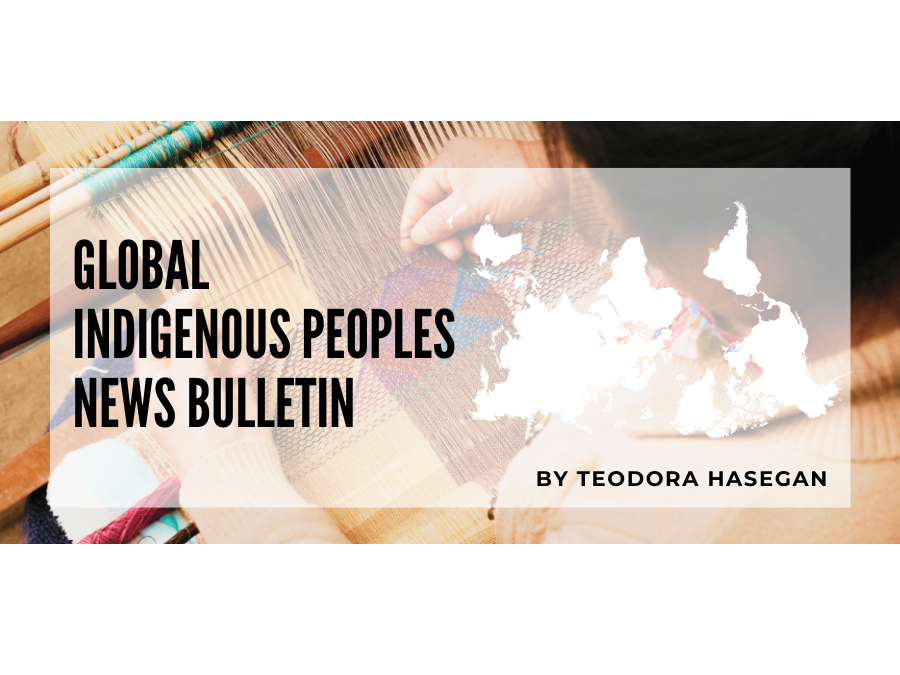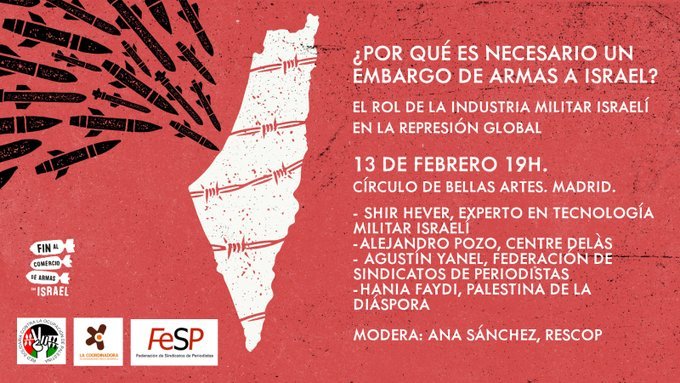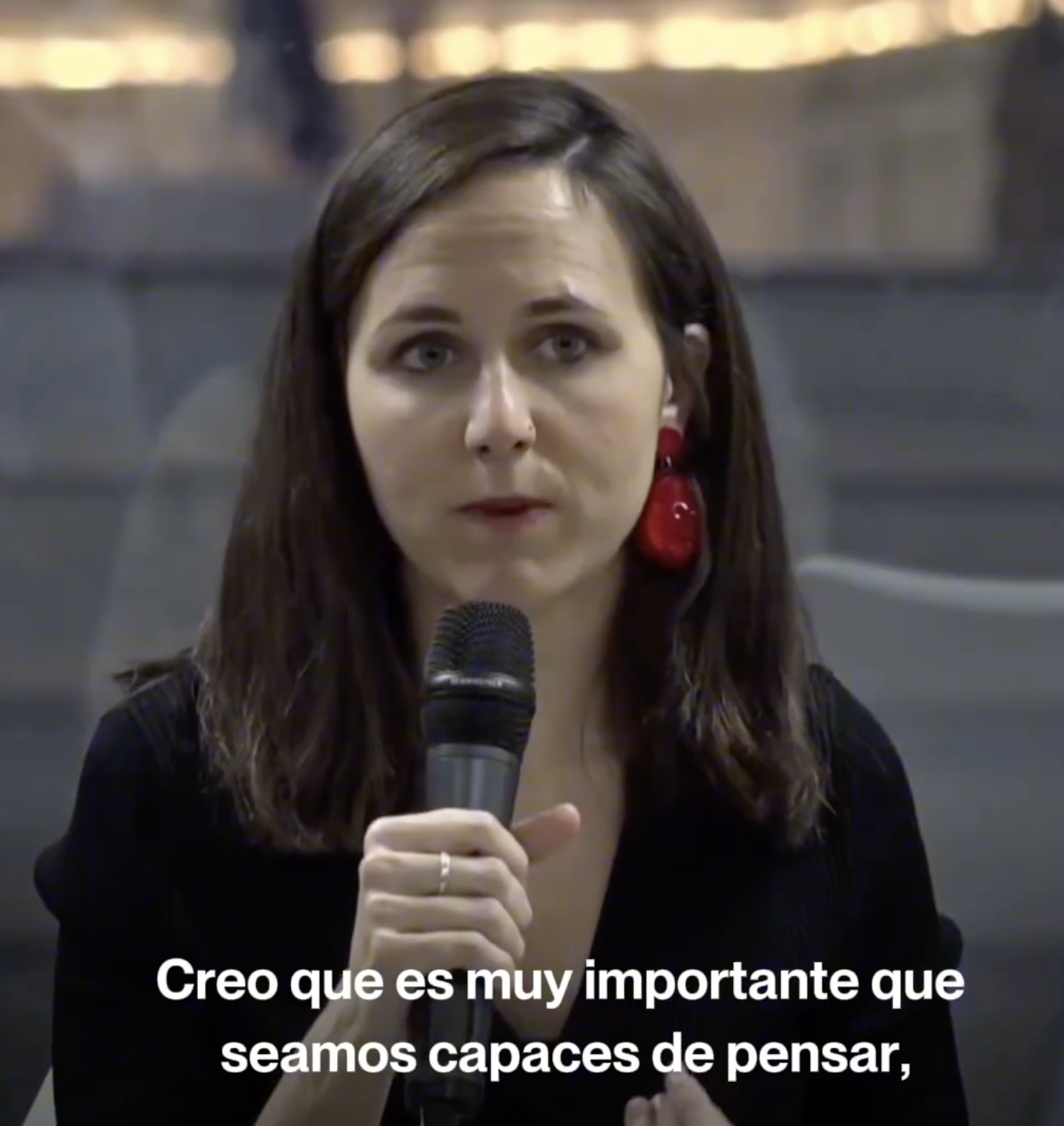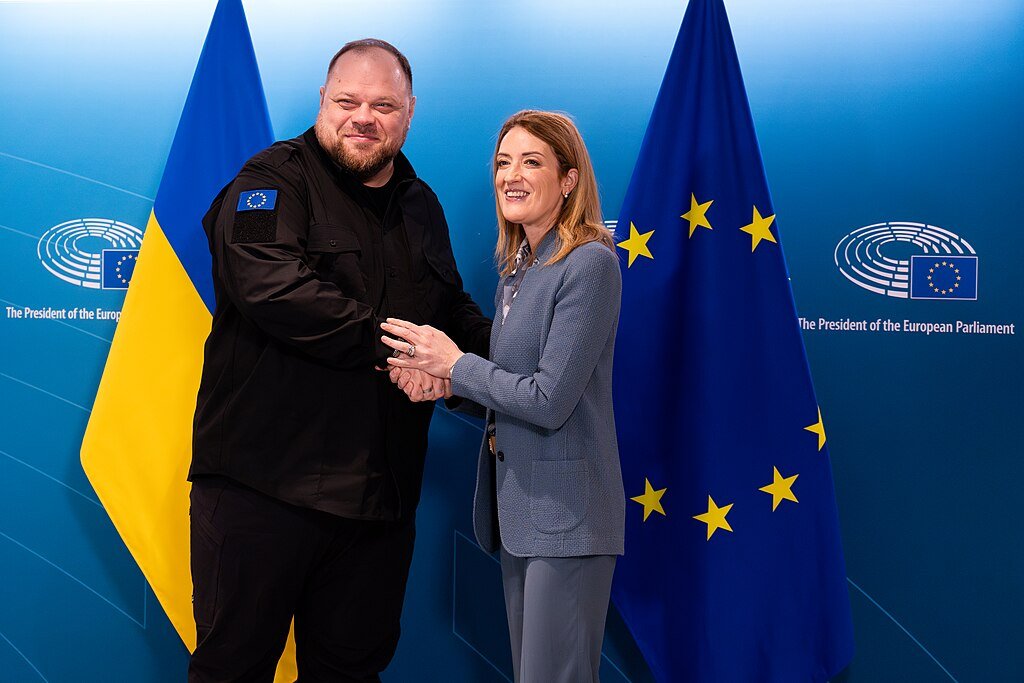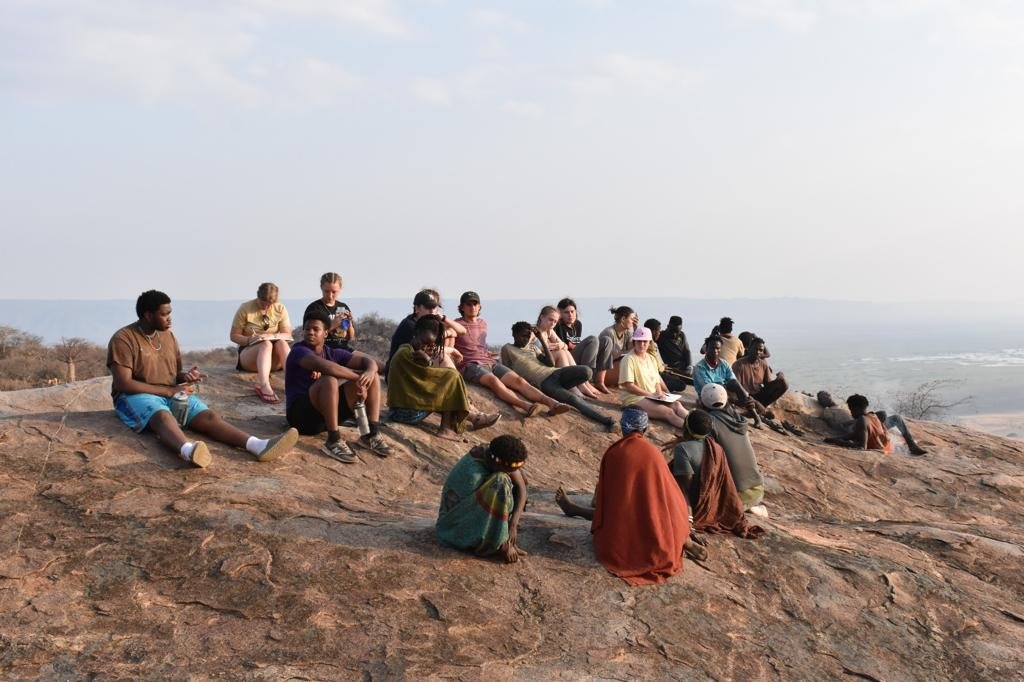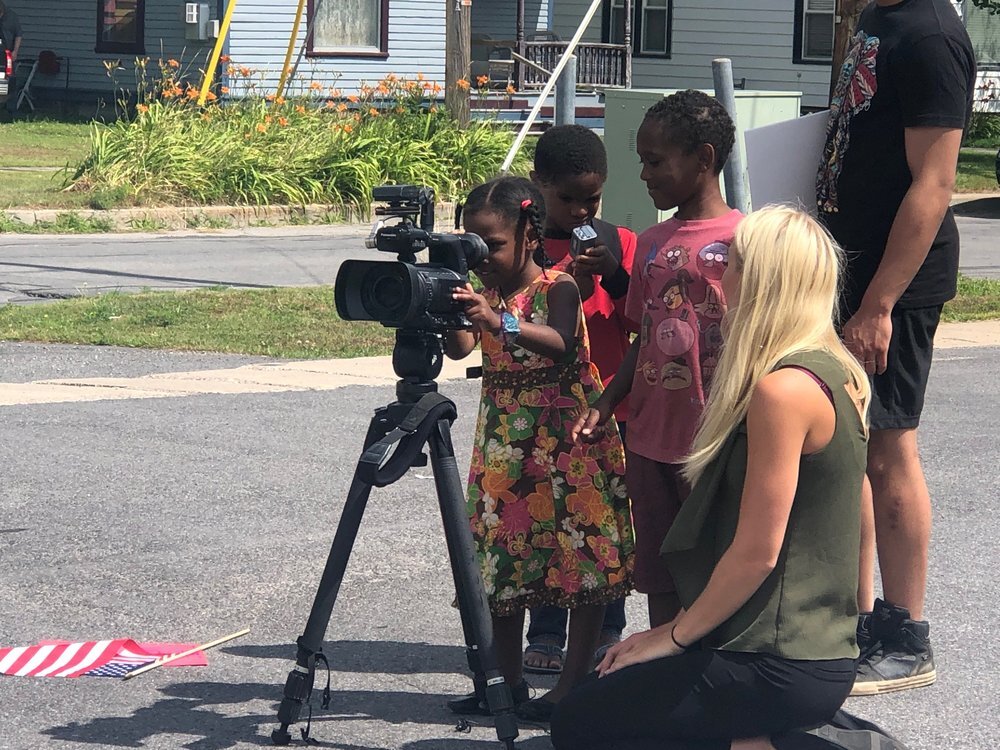
Stories
News

Analysis
Voices
Podcast
Announcements
Events

All Stories
Freiburg's Dietenbach Decision: Considering the Anti-Build Argument
By Brendan Reilly
In the final installment of his three-part “Weaving the Streets” series, Brendan Reilly looks into the perspective of Freiburg, Germany residents who oppose the decision to turn agricultural land outside the city into a new district featuring affordable housing. Despite the eco-friendly design of the proposed district, those in the anti-build camp are concerned about the environmental consequences as well as the impact on the region’s agrarian culture.
Freiburg’s Dietenbach Decision: Exploring the Pro-Build Side
By Brendan Reilly
My seven months abroad have flown by–I can count the days on my fingers before I leave Freiburg, the mid-sized city in Southwest Germany. As I prepare to take my final exams and leave my Black Forest life, the farms to the northwest of town remain unscathed by the bulldozer’s touch. However, 2020 will see the start of construction for the new residential district of Dietenbach, planned to be built and ready for its first tenants by 2022. In my first blog post, I introduced this socio-ecological dilemma that has been taking place here: a debate between those seeking to preserve the nearby farmland and those in favor of construction to alleviate steep housing prices. In this post I explore the side of the issue in support of construction, examining what the positive aspects of a new city district are, and how Freiburg’s pro-Dietenbach residents present their argument.
Kia Kaha te Reo Māori: The Cultural Conservation in Māori Language Week
By Ellen Allerton
Ellen Allerton explores the complex cultural politics and public debates surrounding Māori Language Week, part of a larger effort to grapple with New Zealand’s history of colonization. While the promotion of te reo Māori (the Māori language) has generated both expressions of cultural pride and conservative backlash, it also involves troubling examples of what Allerton calls “commodification of the culture through performances and feasts that are meant purely to attract tourists.”
Impeach Trump
By William Hunt
As the impeachment debate continues within the Democratic Party, Weave News contributor William Hunt shares a letter he recently sent to Senators Kirsten Gillibrand (D-NY) and Charles Schumer (D-NY) and Rep. Elise Stefanik (R-NY). “We are living through a slow-motion coup d’etat, a steady unraveling of democratic institutions. Six more years of it and the damage may become irreparable,” Hunt writes. He also notes that “the Democrats’ obsession with winning back Trump’s white rural and working class base risks dampening the enthusiasm of some essential Democratic constituencies, among them African-Americans, Hispanics, progressive women, sexual minorities, and the young in general.”
Inside Aida and Dheisheh Refugee Camps
By Charlie Finn
“What comes to mind when you think of a refugee camp? I had always imagined the refugee camp as filled with tents, temporary residents, humanitarian organizations, and international workers – a place for the mobile migrant fleeing war, poverty, or political unrest. But, what does a refugee camp look like when it stands in the same place for over seventy years?” Charlie Finn reports on his visit to two Palestinian refugee camps in the occupied West Bank.
Freiburg’s Dietenbach Decision: Building a Future or Bulldozing Values?
By Brendan Reilly
Activists around the world often find themselves advocating for initiatives and policies that will make their communities more livable and sustainable. But what happens when different progressive values animating such work come into conflict with each other? In the first installment of a three-part series for our Weaving the Streets series, Brendan Reilly reports from Freiburg, Germany on a local debate that pits affordable housing against the desire for “green living.”
NPR and Angela Davis: A Tale of Mythology and Missed Opportunities
By John Collins
At a time when socialism is enjoying a resurgence and the structural flaws of capitalism are coming under greater scrutiny, when the evils of mass incarceration are being openly discussed, when even US support for Israel is on the table for debate in Washington, there is no better moment to seek out the prophetic voice of Angela Davis. Yet as John Collins notes in this news analysis piece focusing on National Public Radio (NPR), her voice is rarely found in the broadcasts and pages of US establishment media.
Scarred Childhoods of the Kashmir Conflict
By Ifat Gazia
“I want children of the future to have memories different than my own - so that when they remember the sunshine, it is not in the pain of loss, in the heat of flames,” write Ifat Gazia in her first piece for Weave News. Gazia has lived through the daily reality of militarization in Kashmir, where the impact on ordinary people is tremendously underreported. Join her on this journey of memory, anger, and hope.
Echoes of Sandino: Artists Respond to Nicaraguan Violence
By Torri Lonergan
In the latest installment of our Weaving the Streets project, Torri Lonergan reports on a new art exhibit in Costa Rica that features creative, critical perspectives on the ongoing political violence in neighboring Nicaragua.
“Xenophobia Stinks”: The Politics of Nicaraguan Immigration in Costa Rica
By Torri Lonergan
As political violence continues in Nicaragua, neighboring Costa Rica is receiving a significant number of Nicaraguan refugees. In recent months, Costa Rica has seen an upsurge in anti-immigrant sentiment as well as popular demonstrations in support of the refugees. Torri Lonergan reports from Costa Rica in her second installment for our Weaving the Streets project.
UN Funding Cuts Jeopardize Deaf Children in Gaza
By Asmaa Tayeh
Zeyad Aabed has devoted his career—26 years—to running an NGO dedicated to offering education and health services to the deaf. It was, to say the least, a labor of love. But now, much of the funding on which his NGO depends is drying up. And today, he feels exhausted and depressed, fearful he will have to close the El-Amal Rehabilitation Society altogether. (Reposted from We Are Not Numbers)
Will Costa Rica Be the Next Country to Legalize Same-Sex Marriage?
By Torri Lonergan
The issue of marriage equality, set within a larger struggle over LGBTIQ rights, has become a central element of Costa Rica’s ongoing political debate during the country’s 2018 presidential election campaign. In her first post for our Weaving the Streets series, Torri Lonergan reports on how the potential legalization of same-sex marriage is sharpening the fault lines between progressive Costa Ricans and those who hold more more conservative Catholic and evangelical views.
Protect the Protest Task Force Launches With A Promise: An Attack On One Is An Attack On All
By Jana Morgan
For decades, powerful interests have attempted to intimidate and silence public watchdogs, journalists, and advocacy groups by filing meritless lawsuits. This repressive tactic — called “Strategic Lawsuits Against Public Participation” (SLAPPs) — is an abuse of the court system and a violation of the First Amendment rights of those who speak truth to power. Weave News contributor Jana Morgan announces a new initiative designed to push back.
What Has Caused the Decline of Prosperity in Barre, Vermont?
By Adam Marcinkowski
Barre, VT, once an affluent hub of granite exportation, has experienced a dramatic decline in prosperity. Home to an industry that once employed thousands of workers spread between more than sixty manufacturing firms, the Barre Granite Association has dwindled to just over five hundred employees in two dozen firms. The effects of these labor cuts can be observed within the city limits of Barre, which has since fallen into dramatic decay. The downtown and surrounding suburbs are scattered with many rundown storefronts and homes in need of repair. The town is also known to have a severe problem with drugs and poverty. Adam Marcinkowski explores the history of the Barre Granite Industry and attempts to determine key factors that helped initiated this shift in economic standing.
Lured To Injustice: The 'Sleep of Reason' in Poland
By Łukasz W. Niparko
Reporting from Poland, Łukasz W. Niparko warns of a troubling trend toward authoritarianism in the country as thirty years of post-Communist “shock therapy” give way to sustained attacks on democracy and the rule of law by the ruling PIS party.
In Vogue: Localism as a Response to Globalization in Geneva, New York
By Eliza Maher
Though not a global city, Geneva, New York, located in the Finger Lakes region of the state, has become increasingly popular among tourists, entrepreneurs, culinary artists, and young, creative people. In the first installment of our new “Glocal Dispatches” series, Eliza Maher critically analyzes the revitalization of Geneva into a city driven by local businesses, art, music, Hobart and William Smith colleges, and Seneca Lake, and explores the shift to an image-saturated society. However, the shift, often characterized as positive, innovative, and diverse, fails to acknowledge the influence the urban branding will have on the minority groups in Geneva who cannot afford the lifestyle driven by localism.
Pigs In Our Politics: The #MeToo Movement in France
By Alexandra Nicoletti
In this reflection on the experience of living and studying abroad as an American in France, Alexandra Nicoletti explores the complex process of cultural translation involved when the #MeToo movement crosses the Atlantic.
Somdeep Sen on Israeli Settlements and the Normalization of Palestinian Dispossession
By John Collins
What role does spatial planning play in the Israeli process of colonizing Palestinian land? Researcher and longtime Weave News contributor Somdeep Sen discusses this issue in a recent podcast hosted by the Danish NGO Mellemfolkeligt Samvirke.
Haymarket: Living History on the Streets of Chicago
By John Collins
“We want to honor Lucy Parsons’ legacy, Albert Parsons’ legacy, and the legacy of what brought us this idea that one day, all the workers of the world will unite.” With these words from labor activist and tour guide Larry Spivack, reporter John Collins reflects on a labor history walking tour of Chicago.

